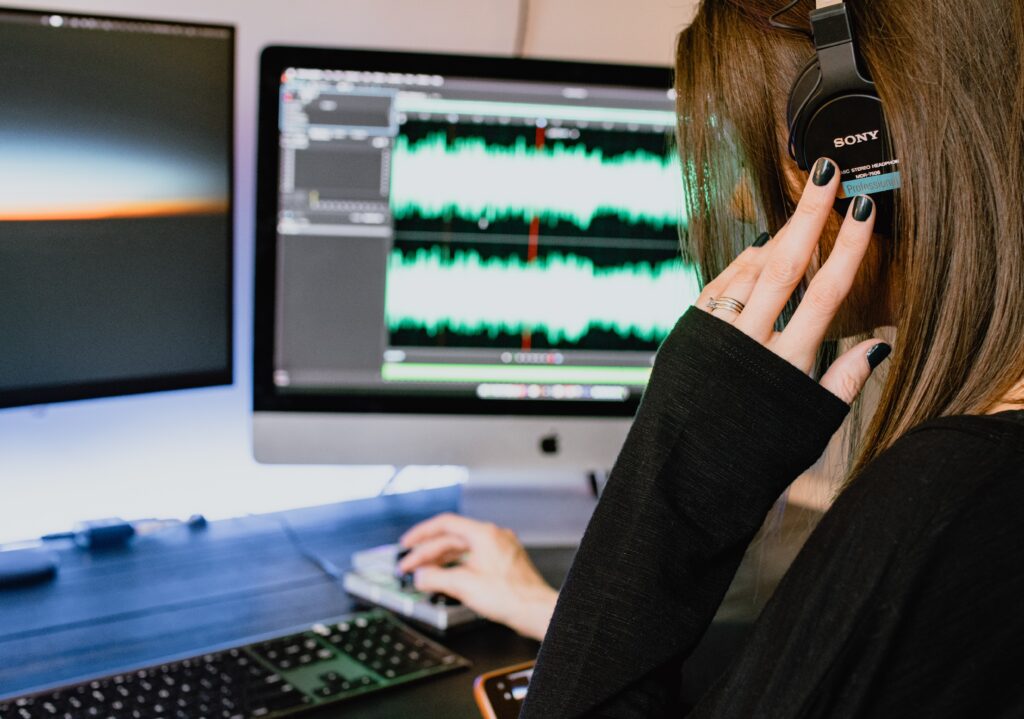In the realm of investigative techniques, forensic voice analysis stands as a powerful tool, transcending the limitations of traditional evidence. Beyond the confines of words spoken, it delves into the intricate nuances of the human voice, unraveling truths that may otherwise remain concealed. The human voice, a unique auditory fingerprint, carries with it a wealth of information – from the pitch and tone to the subtle cadence of speech. Forensic voice analysis operates on the premise that these elements can be dissected and analyzed to uncover hidden layers of information, providing investigators with a novel means of discerning authenticity and veracity. This scientific discipline has made remarkable strides, employing cutting-edge technology to scrutinize vocal patterns and speech characteristics. By isolating specific features such as stress patterns, speech rate, and emotional cues, forensic voice analysis can reveal deceptive elements that may betray the speaker’s true intentions. The application of forensic voice analysis extends across a myriad of domains, from criminal investigations to legal proceedings.

Law enforcement agencies worldwide have adopted this method to augment their investigative toolkit. In criminal cases, the analysis of voice recordings can prove pivotal in identifying perpetrators, verifying alibis, and establishing timelines. The technology also aids in deciphering disguised voices, a tactic often employed by criminals seeking to obfuscate their identities. Moreover, in the legal arena, forensic voice analysis serves as a potent means of assessing the reliability of witness statements, evaluating the sincerity of testimony, and uncovering potential inconsistencies. As the adage goes, actions speak louder than words, but forensic voice analysis allows for a profound exploration of the words themselves, extracting a wealth of information that transcends the spoken narrative. However, the power of forensic voice analysis is not without its controversies and ethical considerations and Visit Website. Skeptics argue that the reliability of this method hinges on numerous variables, including the speaker’s emotional state, linguistic background, and even the recording quality.
Critics also express concerns about the potential misuse of this technology, raising questions about privacy and the risk of false positives. As with any forensic tool, its efficacy depends on a judicious combination of scientific methodology and a nuanced understanding of its limitations. Despite these challenges, the field of forensic voice analysis continues to evolve, driven by advancements in artificial intelligence and machine learning. These technologies promise to enhance the accuracy and reliability of voice analysis, opening new frontiers in the pursuit of truth. As we navigate the intricate symphony of the human voice, forensic analysis emerges as a harmonious blend of science and investigation, providing a unique lens through which to unravel the intricate truths that lie beyond words.